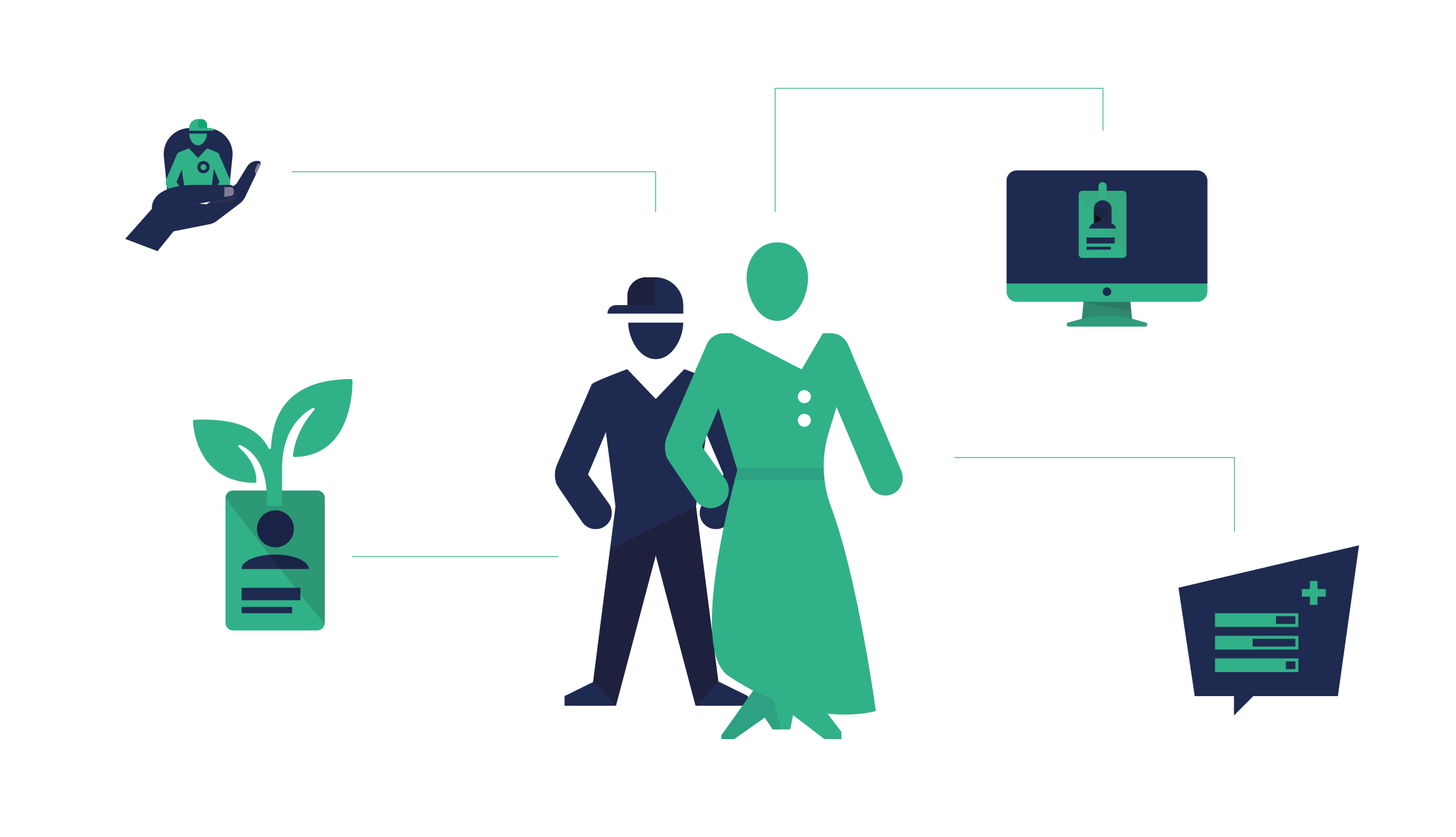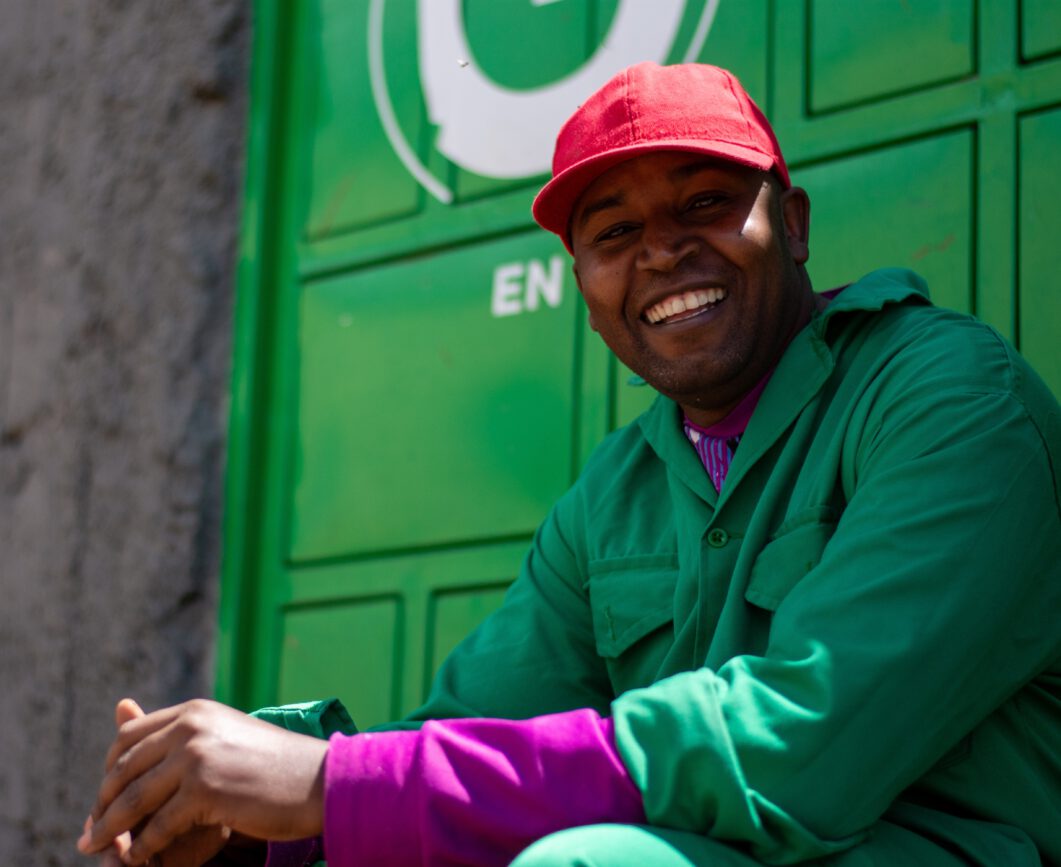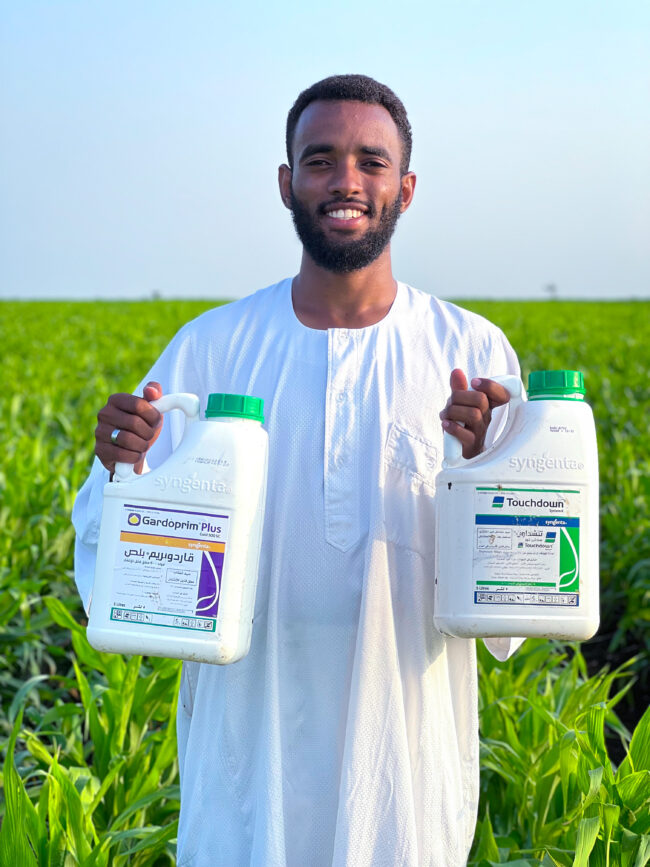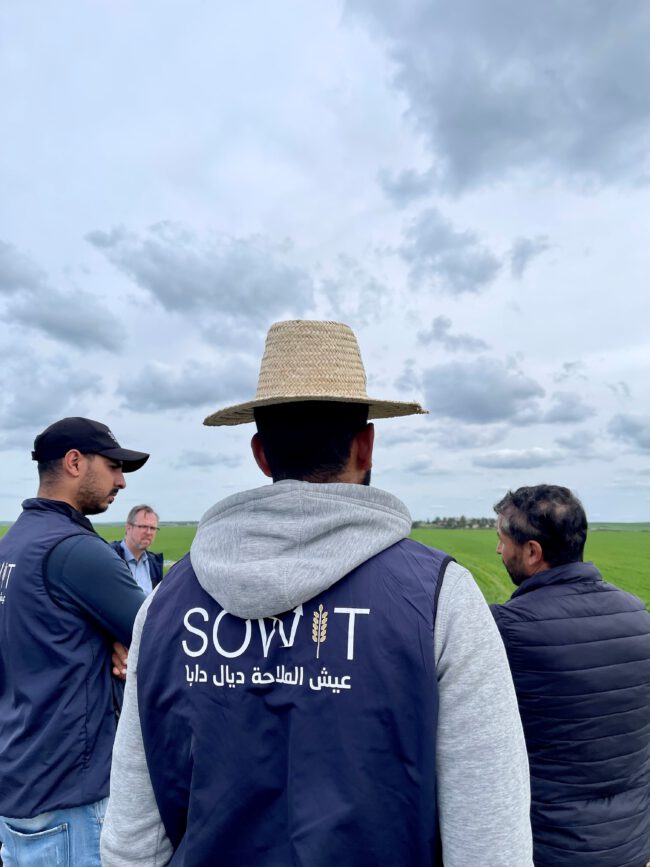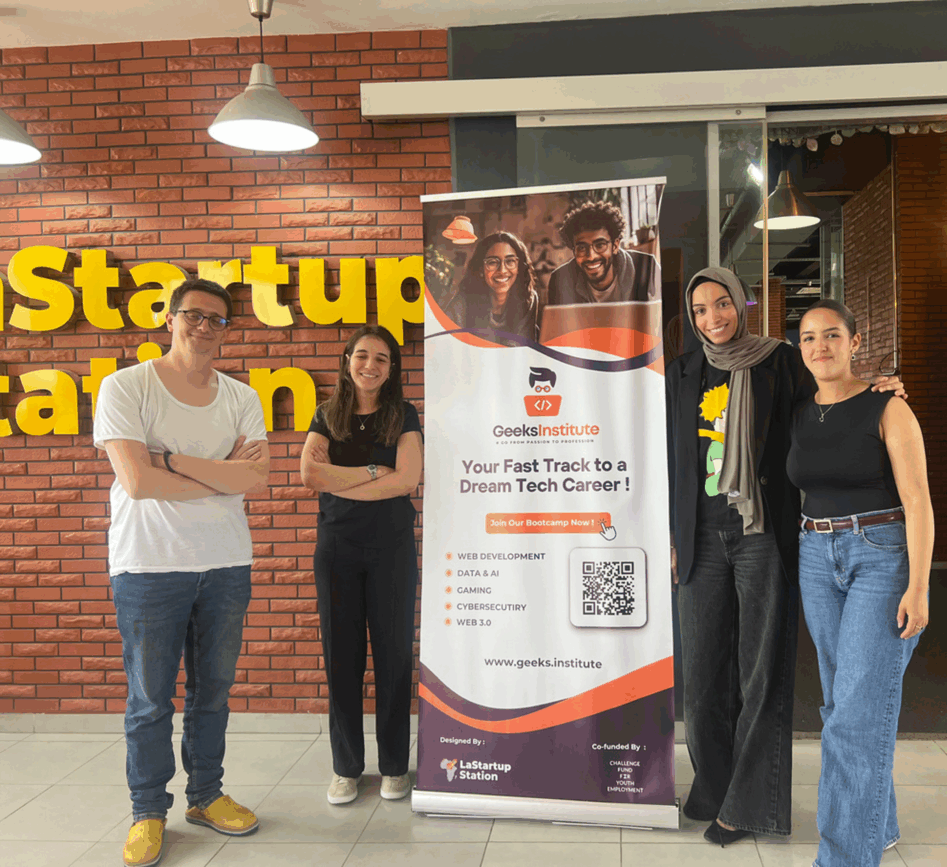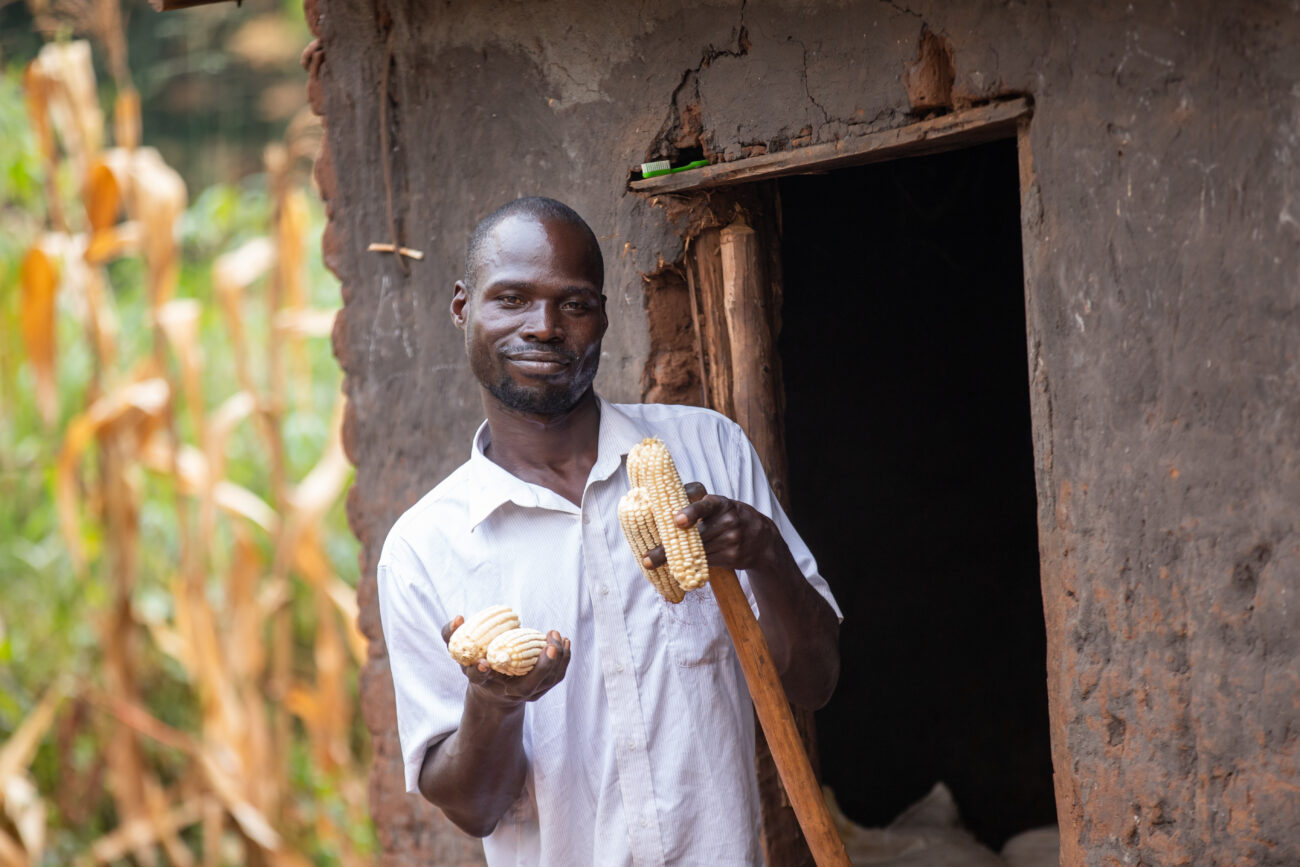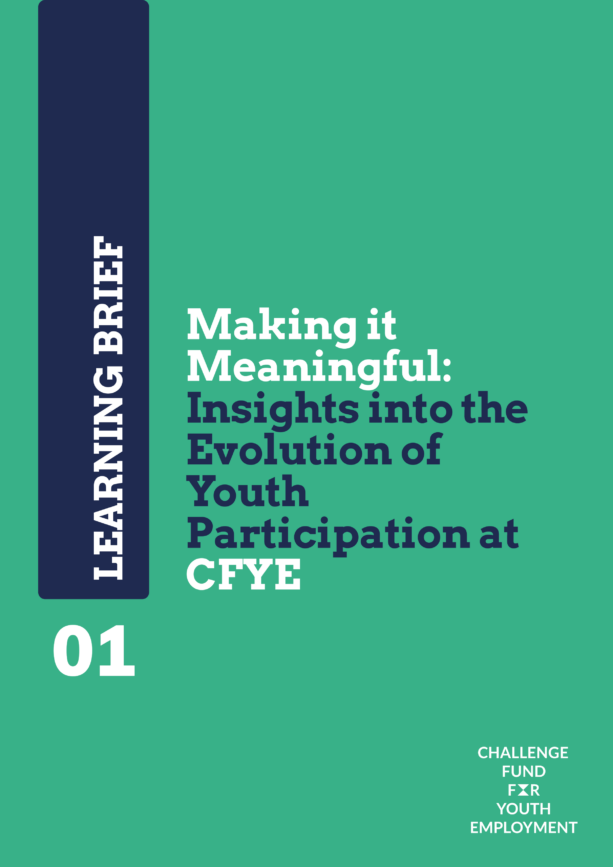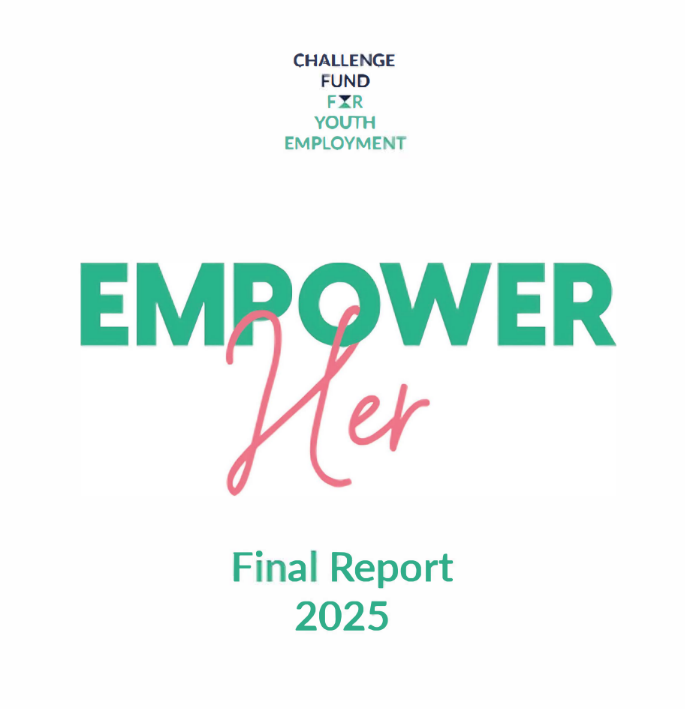Impact Stories
Youth Narratives of Change
in Subsaharan Africa and the Middle East.
The Challenge Fund for Youth Employment (CFYE) is a 7-year programme funded by the Netherlands Ministry of Foreign Affairs.
The Fund is managed by the Palladium Group, Randstad and VSO.
Impact stories
Creating Space to Sign: Diana & Kalanzi’s Path to Inclusive Work in the Green Economy
 Faatimah Clarke
Faatimah Clarke
 February 2, 2026
February 2, 2026
“Disability is not Inability.”
In Uganda, where 12.5% of the population live with a disability (NUDIPU, 2019), these words are more than just rhetoric, they are a lived reality and constant battle for those that remain excluded from the labour force due to persistent stigma, limited accessibility, and deeply rooted misconceptions.
Read More
Two Years Later: James’s Mission for Cleaner Streets and Stronger Communities
 Sade Aalto-Setala
Sade Aalto-Setala
 November 24, 2025
November 24, 2025
“Waste is a treasure – if we know how to use it, we can make money through it.”
These words belong to James Njenga, also known as Rooney, the waste aggregator CFYE had the honour of featuring in our very first impact story. Back then, James spoke passionately about his dream: to help his community, create inclusive jobs for women, and protect the environment by turning waste into opportunity. Two years later, we return to Kasarani, a neighbourhood in Nairobi, to see how far that dream has come - and what James is striving for now.
Read More
Agrowise and the Power of Local Innovation in Sudan: When Resilience meets Reinvention
 Faatimah Clarke
Faatimah Clarke
 September 8, 2025
September 8, 2025
In a land where the soil is rich, but opportunity often feels scarce, Shihab Eldin Faisal dared to plant a different kind of seed - one rooted in resilience, innovation, and hope. His journey led to the founding of Agrowise, a pioneering agricultural enterprise born out of the Rhino Acceleration Programme, a project supported by 249Startups with co-funding by the Challenge Fund for Youth Employment.
Read More
Case studies
SOWIT: Cultivating the Future of Agri-Tech Employment in Morocco
 Ilaria Blasi
Ilaria Blasi
 November 13, 2025
November 13, 2025
Founded in Casablanca in 2018 by two young Moroccan entrepreneurs, SOWIT is an agri-tech company driving Africa’s agricultural transformation through precision technologies powered by remote sensing and artificial intelligence. In 2022, the company crossed paths with the Challenge Fund for Youth Employment (CFYE), marking the start of a partnership aimed at offering job opportunities to young women and men, across Morocco’s agricultural sector.
Read More
How CFYE’s Gender Technical Assistance is Reshaping Business Thinking
 Faatimah Clarke
Faatimah Clarke
 October 6, 2025
October 6, 2025
In an age where gender equality is more openly championed than ever before, the lived reality for many remains one of exclusion, especially for women and girls in underserved or politically and economically fragile regions, including parts of Africa, who continue to face layered barriers to inclusion across social, political, and economic life. Africa is growing fast – economically, demographically, and in global influence, but much like the rest of the world, this dynamism has not fully translated into equal opportunity. Today, over 60% of the continent’s population is under 25 yet youth-led initiatives receive less than 1% of global development financing. And while women make up more than half the population, they are consistently left behind or side-lined in policy, leadership, and resource allocation. But even history has its rebels and at CFYE, we collaborate closely with our Implementing Partners (IPs) to challenge the status quo from the inside out.
Read More
INCLUSION APPROACHES TO CREATING, MATCHING, AND IMPROVING JOBS FOR PEOPLE WITH DISABILITIES: A CASE STUDY OF LIGHT FOR THE WORLD
 Faatimah Clarke
Faatimah Clarke
 May 26, 2025
May 26, 2025
In Uganda, an estimated 12.5% (NUDIPU, 2019) of the population live with a disability, yet many remain excluded from the labour force due to persistent stigma, limited accessibility, and deeply rooted misconceptions. Despite possessing skills and potential, young people with disabilities, especially women, often face intersecting barriers that block their path to decent employment opportunities.
Read More
Learning materials
Learning Brief: Social Impact
 Faatimah Clarke
Faatimah Clarke
 February 4, 2026
February 4, 2026
CFYE recognises young people as diverse individuals with unique strengths. Their engagement is essential, not optional, in shaping solutions to global challenges. For us, youth engagement is a core strategy in tackling unemployment.
Over the past seven years, we have developed and tested our own MYP approach, drawing insights from several organisations, including the Youth at Heart Meaningful Youth Participation Toolkit and VSO's Youth Engagement Framework Scorecard. This has given us a unique perspective on what
works, what doesn’t, and how to drive meaningful youth participation for development partners, companies, and other ecosystem actors.
Read More
Learning Brief: Meaningful Youth Participation
 Faatimah Clarke
Faatimah Clarke
 December 8, 2025
December 8, 2025
CFYE recognises young people as diverse individuals with unique strengths. Their engagement is essential, not optional, in shaping solutions to global challenges. For us, youth engagement is a core strategy in tackling unemployment.
Over the past seven years, we have developed and tested our own MYP approach, drawing insights from several organisations, including the Youth at Heart Meaningful Youth Participation Toolkit and VSO's Youth Engagement Framework Scorecard. This has given us a unique perspective on what
works, what doesn’t, and how to drive meaningful youth participation for development partners, companies, and other ecosystem actors.
Read More
Empower Her – Final Report 2025
 Sade Aalto-Setala
Sade Aalto-Setala
 November 24, 2025
November 24, 2025
The CFYE Egypt portfolio has 13 Implementing Partners (IPs) with approximately 67,000 jobs’
target 50% of which targeting females. As CFYE concluded its Calls for Solutions and the focus
is now on the implementation of the IPs’ projects, the Egypt team saw fit to zoom in on the
women component of the jobs through launching the “Empower Her” initiative in 2024 over
two phases, the first phase in 2024 with the objective of mapping the entities and programmes
working on women economic empowerment (supply side), and second phase was launched in
2025 with the objective of capturing the voice of the females (demand side) and facilitate
collaborations among the key stakeholders identified during Phase One and CFYE’s
Implementing Partners (IPs). This report captures both the results of the mapping exercise
conducted during Phase One and the results of the focus group discussions (FGDs) conducted
with females (in the age group 18-35 years old) which constitute the demand side conducted
during Phase Two.
Read More
Future of work
Stay informed
Privacy notice
By submitting any of the forms on this website, you are consenting to receive emails from Palladium, on behalf of the Challenge Fund for Youth Employment. You can revoke your consent to receive emails at any time by emailing us on info@fundforyouthemployment.nl.
Read more here: Privacy Notice
